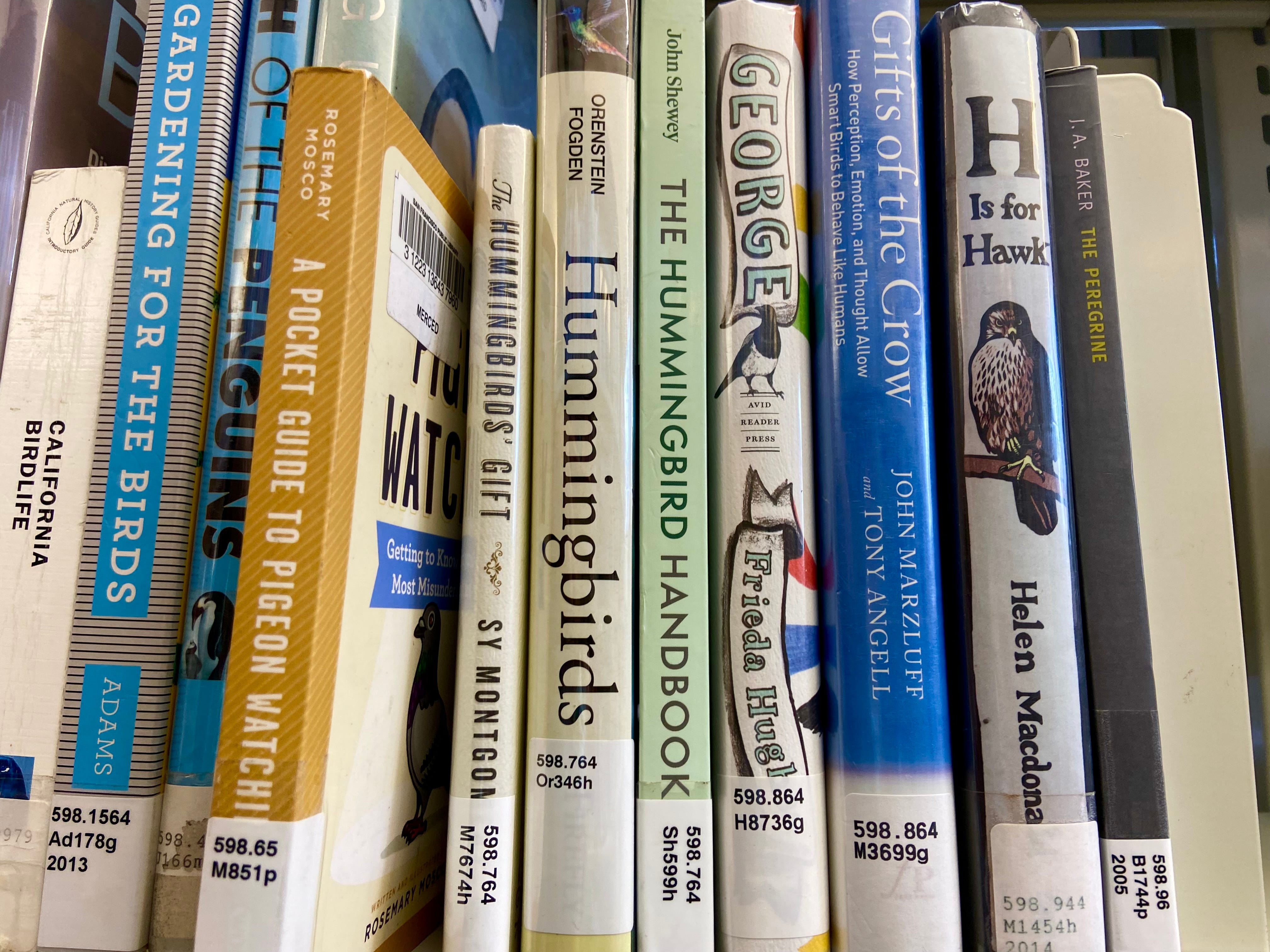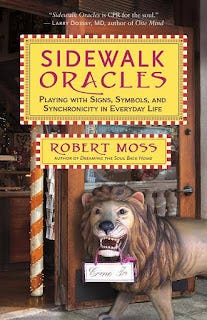Sidewalk Oracles: Week 6
Notes on Week 6 of Sidewalk Oracles by Robert Moss, Winter 2024
“As you will discover once you become a long-term journal keeper, your private journals become the best encyclopedia of symbols you will ever read and much, much more.” Robert Moss, Sidewalk Oracles
A Willingness to Walk the Path
Each week, I will post some general discussion, reflection, and thoughts on the chapter or “games" from the week. You are invited to share your experience with this book in the comments section.
Basic Information
📌 We are reading Sidewalk Oracles: Playing with Signs, Symbols, and Synchronicity in Everyday Life by Robert Moss.
📅 The reading timeline outlines a slow reading (with weekly discussion posts) for anyone who wants to read along.
📌 Weekly reading notes and discussion (the timeline links to the weekly posts)
🍥 I encourage you to go into this reading with an open mind and a willingness to consider what is being described/discussed.
🧵 I use the comment area for discussions rather than a chat thread. Neither would be private because this read-along is free to everyone. You are invited to comment on comments and interact with those reading together.
Beware of Falling Books, Week 6
In week 6 of our Sidewalk Oracles read-along, we read about Games 4-6 in Chapter 4.
This was a light week. We covered another three games from the 17 games that Moss outlines. As we move through these games, of course, we are building a repository of frameworks for looking, seeing, and gathering symbols. Week to week, you may be adding new tools to your bag. You may find that some seem more relevant or applicable to you than others.
Two of the games this week involve books and finding meaning or intuiting a message from randomly selected words on a page. The other game involves gathering words or sounds that you hear.
I was only out one time this week in between writing my last set of notes and starting my notes for today. Before I even got to the library, which is where I had headed to work (and walk) in advance of a storm, I was at a traffic light, a very long intersection, and I noticed numbers on the concrete pillar of a street light in the median. Then I noticed three numbers on a license plate in front of me and then noticed the numbers on another nearby car, the same numbers in a different order. Looking around, I saw two of those three numbers on two other cars. I was so struck by this, by the oddity of these numbers being repeated, that I jotted them down on an index card that I had in the car. The light changed, and I went on. Five sets of three numbers, all similar enough to jump out at me.
After parking, I walked around the block. I had a notebook in my pocket, and I took a number of notes. There were hawks. There were crows. Some things seemed meaningful; others did not.
When I drove home later, I looked at license plates and didn’t see any of those numbers. I looked because I was curious to see if I would spot variations of the numbers again. How random was the experience? I have no idea what those numbers mean or what significance they might have. It was a really strong recurring pattern in the span of 2 to 3 minutes.
I’m left now with this scrawled index card with five three-digit numbers and a hazy feeling of being at the stop light and seeing the same numbers everywhere I looked.
[This post is from a 2024 read-along. The remainder of the post has now been placed behind the paywall.]






